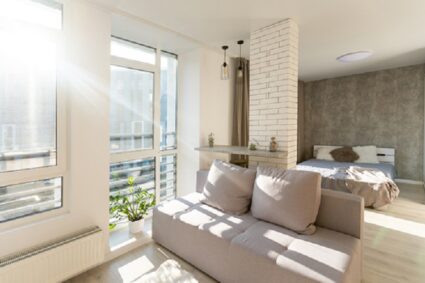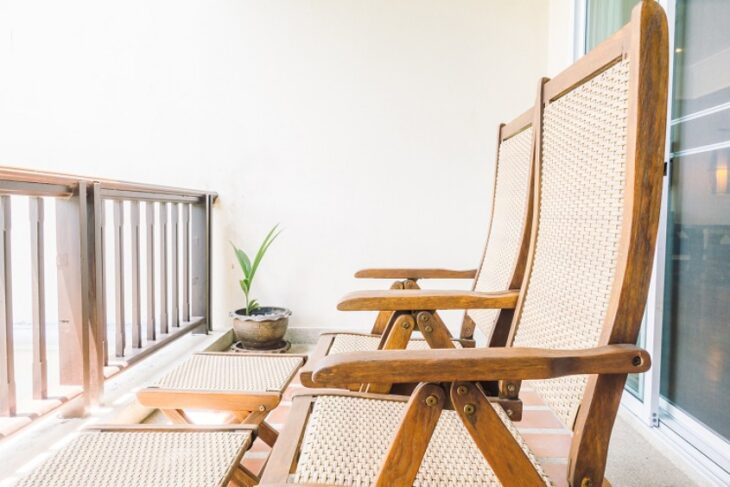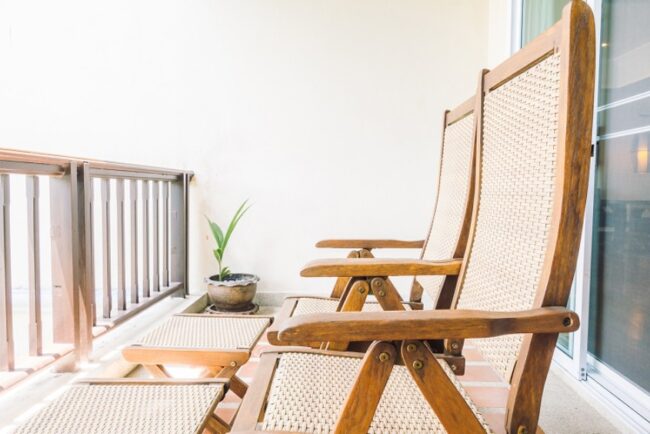
Private apartments offer flexibility, privacy, and often better amenities compared to public housing. Whether you’re an expatriate, working professional, or local resident considering short- or long-term stays, the process isn’t as straightforward as it seems. There are practical aspects to consider, especially with how private rental markets operate differently from executive apartments in Singapore.
1. Understand the Apartment Type and Tenure
Clarify whether the property is a condominium, walk-up apartment, or serviced unit before agreeing to any lease. Not all private apartments are the same—condominiums tend to come with facilities such as pools, gyms, and security, while walk-ups are usually more dated and without lifts or shared amenities. In contrast, executive apartments, although under public housing, are often misclassified as private due to their size and configuration. A clear understanding of the apartment type affects rental costs, maintenance expectations, and lifestyle suitability. Additionally, check the property’s lease tenure. While most private apartments sit on 99-year leases, freehold units also exist and can influence long-term rental pricing or subletting conditions.
2. Review Lease Terms and Rental Inclusions
Read the tenancy agreement in full. Look for details about the lease duration, notice periods, renewal clauses, and penalties for early termination. A standard lease in the region runs for 12 to 24 months, but some landlords may offer flexible terms for premium pricing. You should also verify what’s included in the rent. Utilities, internet, aircon servicing, and maintenance fees are often not covered in private apartment leases. Executive apartments that are sublet informally may not provide formalised rental terms, so tenants must be cautious and ensure proper contracts are in place to avoid disputes. Confirm if the apartment is fully or partially furnished, and request an inventory list during handover.
3. Check the Unit’s Condition and Past Maintenance Records
A visual inspection of the apartment is not enough. Look beyond cosmetic touch-ups and check for signs of water leakage, mould, faulty wiring, or poor plumbing. Request the last maintenance or renovation history if available, especially in older units. Executive apartments tend to be larger but may show signs of age, especially if not well-maintained by previous owners or landlords. Be wary of private apartments that have changed tenants frequently or been listed as short-term rentals (which are not legally allowed under 3 months). These may show excessive wear and require immediate attention after move-in.
4. Location, Accessibility, and Surrounding Amenities
The city-state may be compact, but convenience still matters. Evaluate whether the apartment is close to MRT stations, supermarkets, medical clinics, and eateries. The convenience factor often justifies higher rental costs in private apartments in Singapore located within prime districts. Assess the noise levels, traffic conditions, and future construction in the area if you’re considering longer stays. Executive apartments are often in mature estates with good access to public infrastructure, but private apartments may vary significantly in this regard. Also, check parking availability, especially in older private developments.
5. Verify Legitimacy of Landlord and Agent
Fraud and rental scams exist even in a highly regulated environment like Singapore. Always request documentation proving that the landlord owns the property or is authorised to lease it. If you are dealing with an agent, verify their CEA (Council for Estate Agencies) registration and license. Avoid cash-only deals or those that do not come with tenancy agreements. This approach is especially important for private apartment rentals, where the process is less transparent than public housing leases. Some executive apartments are illegally rented out, so always ensure proper approvals are in place if dealing with such listings.
Conclusion
Choosing the right private apartment in Singapore involves more than just budget and location. Factors like lease terms, unit conditions, and the legitimacy of the landlord all affect your stay. While executive flats are occasionally seen as better alternatives, due diligence is still necessary. Paying attention to these five areas will help ensure a more enjoyable and legally sound renting experience in the region’s fast-paced housing market.
Contact Aurealis Serviced Residence to secure a reliable rental in the city-state without the guesswork.






















